Key Takeaways
- Napping Offers Numerous Benefits: Napping is not just for children; adults can also benefit physically and mentally from regular naps. Some of the advantages of napping include reducing stress, improving creativity, increasing alertness and performance, and boosting memory and learning. Napping can be a powerful tool to recharge your energy and enhance your overall well-being.
- Nap Duration and Timing Matter: The duration and timing of your nap can impact its effectiveness. For most adults, short naps of about 10 to 30 minutes are ideal to prevent grogginess. Longer naps, such as 60 to 90 minutes, can be beneficial, but they may lead to deeper sleep cycles and grogginess. Napping should be timed at least 8 hours before your regular bedtime and should align with your body’s natural sleep clock.
- Consistency is Key: Establishing a consistent nap routine can help your body’s internal sleep clock function optimally. Try to nap around the same time every day and for about the same duration. Consistency in your nap schedule, even on weekends, can promote better sleep quality and overall sleep health.
Ever tried to recharge with a midday nap to reap the rewards of better health and a sharper brain? It might seem like less of a game-changer to you depending on where in the world you live.
Many cultures around the world have historically promoted napping, including Spain, Italy, Greece, and several Latin American countries and Asian cultures. But, modern Western culture tends to promote the opposite, viewing napping as a lazy activity or something reserved for kids and elderly individuals.
The attitude toward sleep doesn’t stop at naps, either. Quite a few Americans miss out on rest regularly, and many others are chronically sleep deprived. Surveys conducted in the mid 2010s in the mid 2010s Verified Source National Library of Medicine (NIH) World’s largest medical library, making biomedical data and information more accessible. View source only 65 percent of adults report a healthy duration of sleep and an estimated 83.6 million adults in the United States are sleeping less than 7 hours.
Sleep disorders like insomnia are to blame in some cases. But for others, it’s a matter of prioritizing work and play over catching shuteye. Plenty of successful people talk about sleeping only a few hours to get ahead, and in many industries, such dedication is seen as admirable. Add in smartphones and streaming options, and who has time for sleep?
As we continue learning about the importance of sleep for overall health, attitudes may be slowly changing, however. More than just rest, nightly sleep is a time of renewal and healing for the body, and a lack of it can have some pretty startling side effects.
Why Nap?
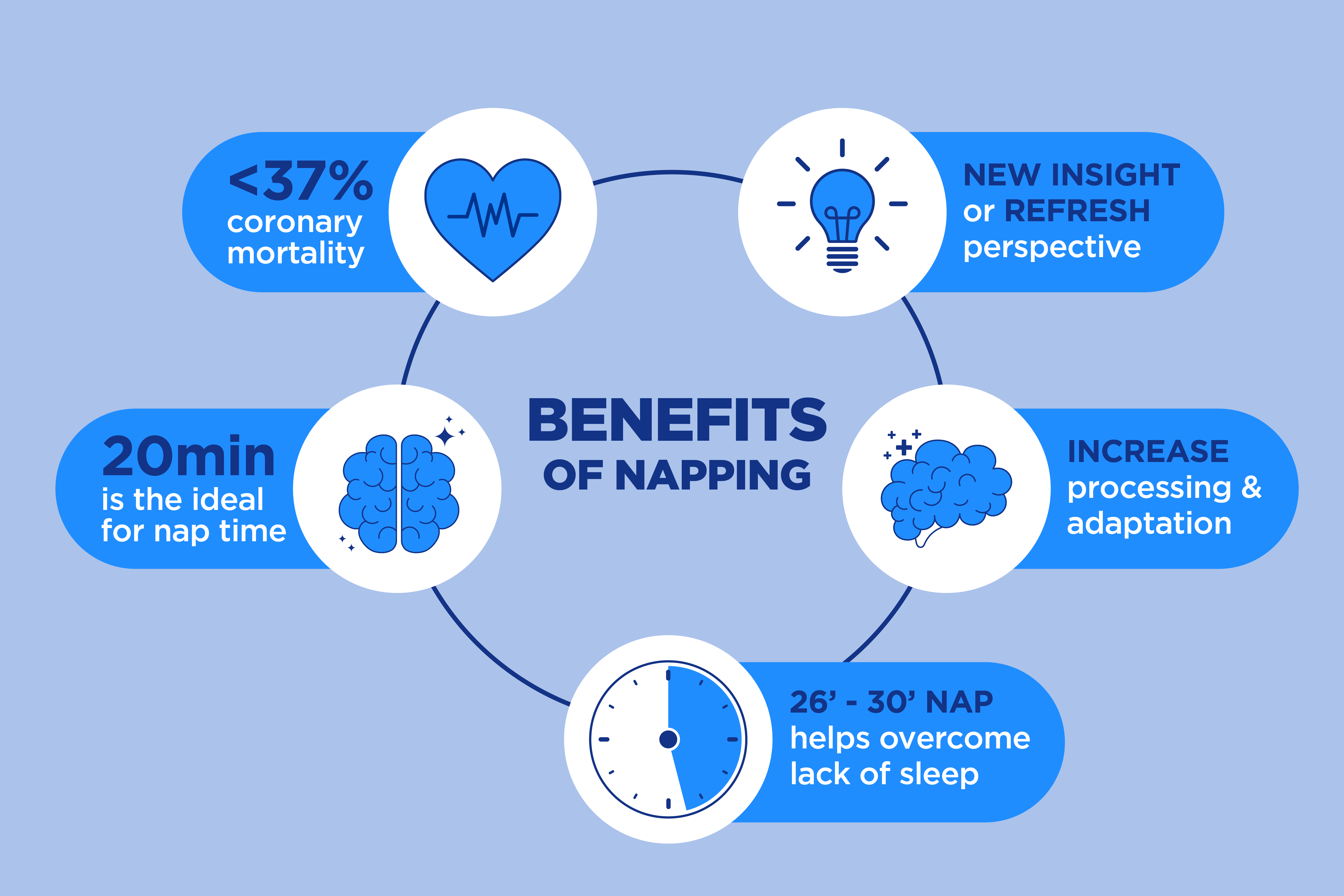
If you think that daytime naps are just for cranky toddlers, think again. People young and old can all benefit physically and mentally from frequent naps.
If your schedule doesn’t allow you to get a complete night’s rest or even if it does, one powerful way to harness the power of sleep is napping. When done right, napping can offer important health benefits for all ages, complementing a healthy sleep routine.
A brief snooze not only helps you catch up on sleep, but also works to reduce stress and fatigue while recharging your brain power.
“It is commonly accepted that naps facilitate memory consolidation, decision making and motor learning,” says Dr. Nayantara Santhi. “Less is known about how naps influence emotional memories. Emotional regulation is influenced by REM sleep which is scarce in midday naps. So depending on when you nap will influence which mental functions benefit from it.”
See how taking a little time out of your day to nap regularly and recharge can improve your health and learn how to tap into the power of naps with expert sleep tips.
Reduce Stress
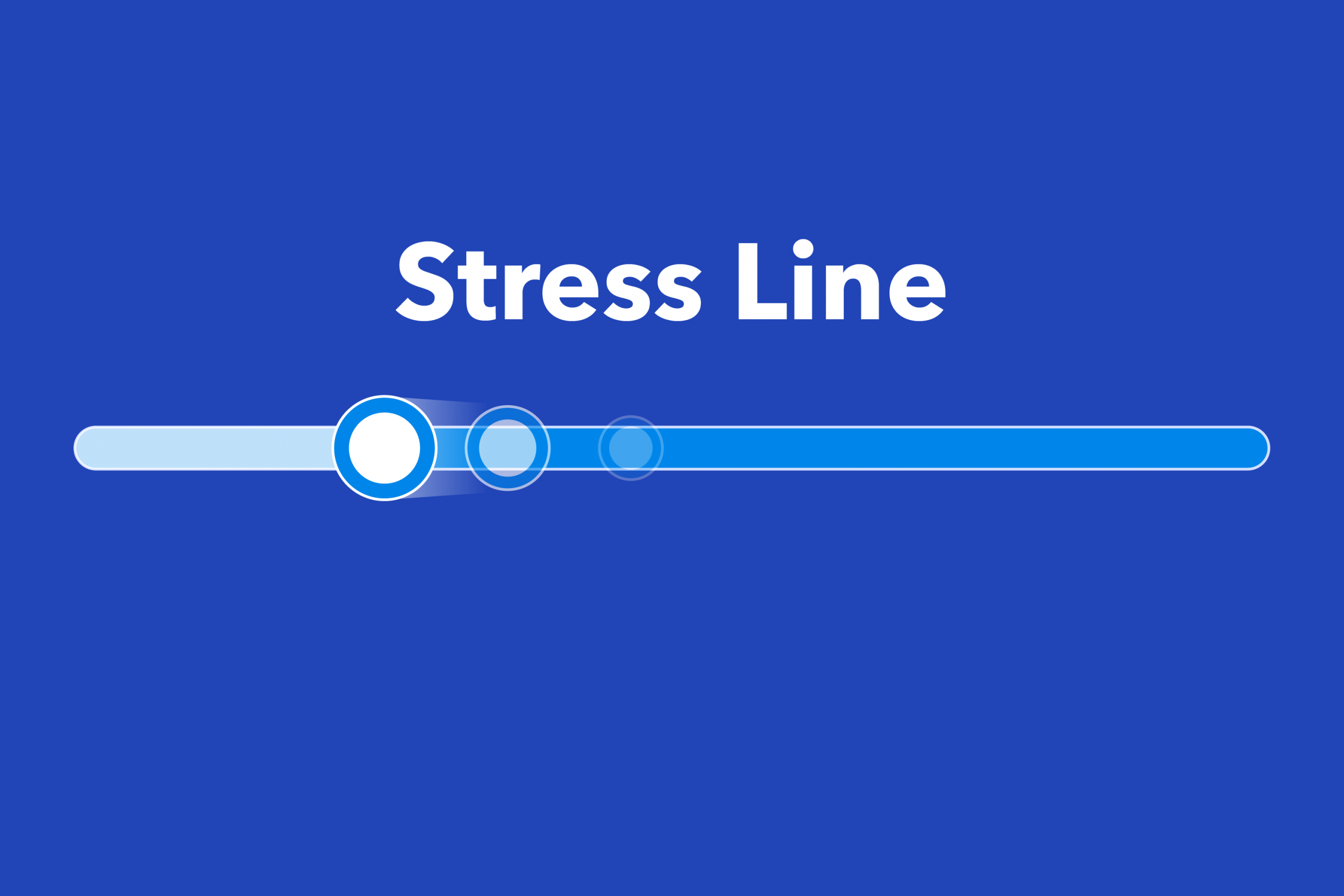
Ever notice how a brief respite can make you feel more calm and less tense? Stress Verified Source Mayo Clinic Ranked #1 hospital by U.S. News & World Report and one of the most trusted medical institutions in the world. The staff is committed to integrated patient care, education, and research. View source increases risk of heart disease and stroke, impairs immunity, affects digestion, affects moods and much more, so dropping your stress levels has many benefits. Naps or even a short resting period can induce both physical and mental relaxation, reducing stress.
- A long-term study Verified Source National Library of Medicine (NIH) World’s largest medical library, making biomedical data and information more accessible. View source on mortality and napping found that habitual siesta takers exhibited 37% less coronary mortality compared to non-nappers, due to reduced cardiovascular stress.
- Brief naps reduced perceived stress in participants, a 2022 study found. Verified Source National Library of Medicine (NIH) World’s largest medical library, making biomedical data and information more accessible. View source
Improve Creativity
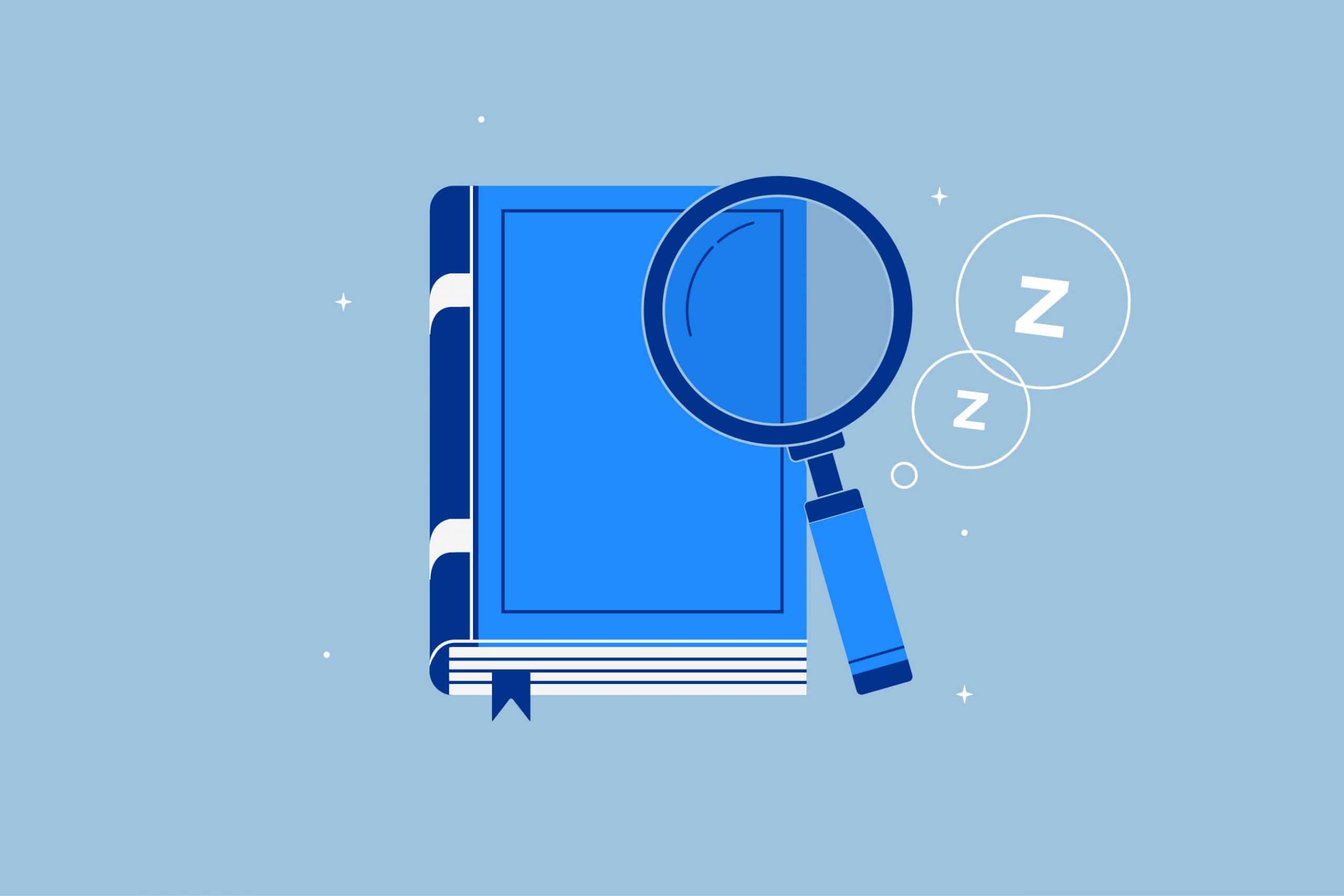
It can be annoying to feel stuck on coming up with a solution for a problem or completing a creative task. Taking a break from the grind, even if it’s just to shut your eyes and relax, can help you bring new insight to a problem or refresh your perspective.
If you work in a field that depends on problem solving, innovation or other forms of creativity, a short nap could make a big difference in your day.
Increase Alertness & Performance
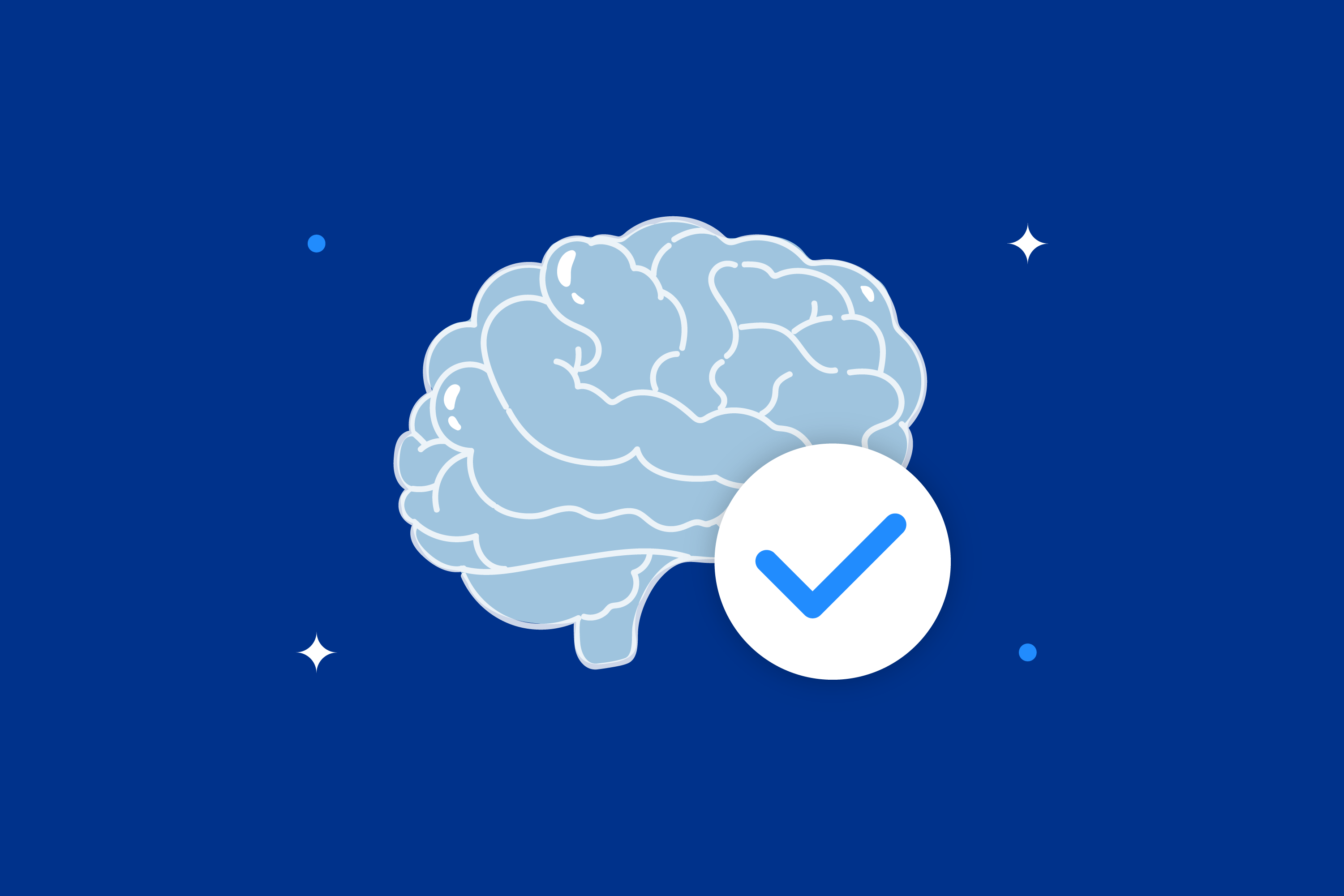
One of the more straightforward benefits of a siesta is the energy boost. To avoid lingering drowsiness and maximize alertness upon waking, a nap of around 20 minutes is considered best.
Since you are not sleeping long enough to hit deeper stages of slow wave sleep, you should awake easily and feel refreshed.
Australian researchers found 10 minute naps to be most effective at reducing fatigue and boosting performance, followed by 20 minutes. On the other hand, 5 minute naps showed little effect and 30 minute naps actually made people sleepier for a little while after waking (but still improved energy overall for a couple hours after).
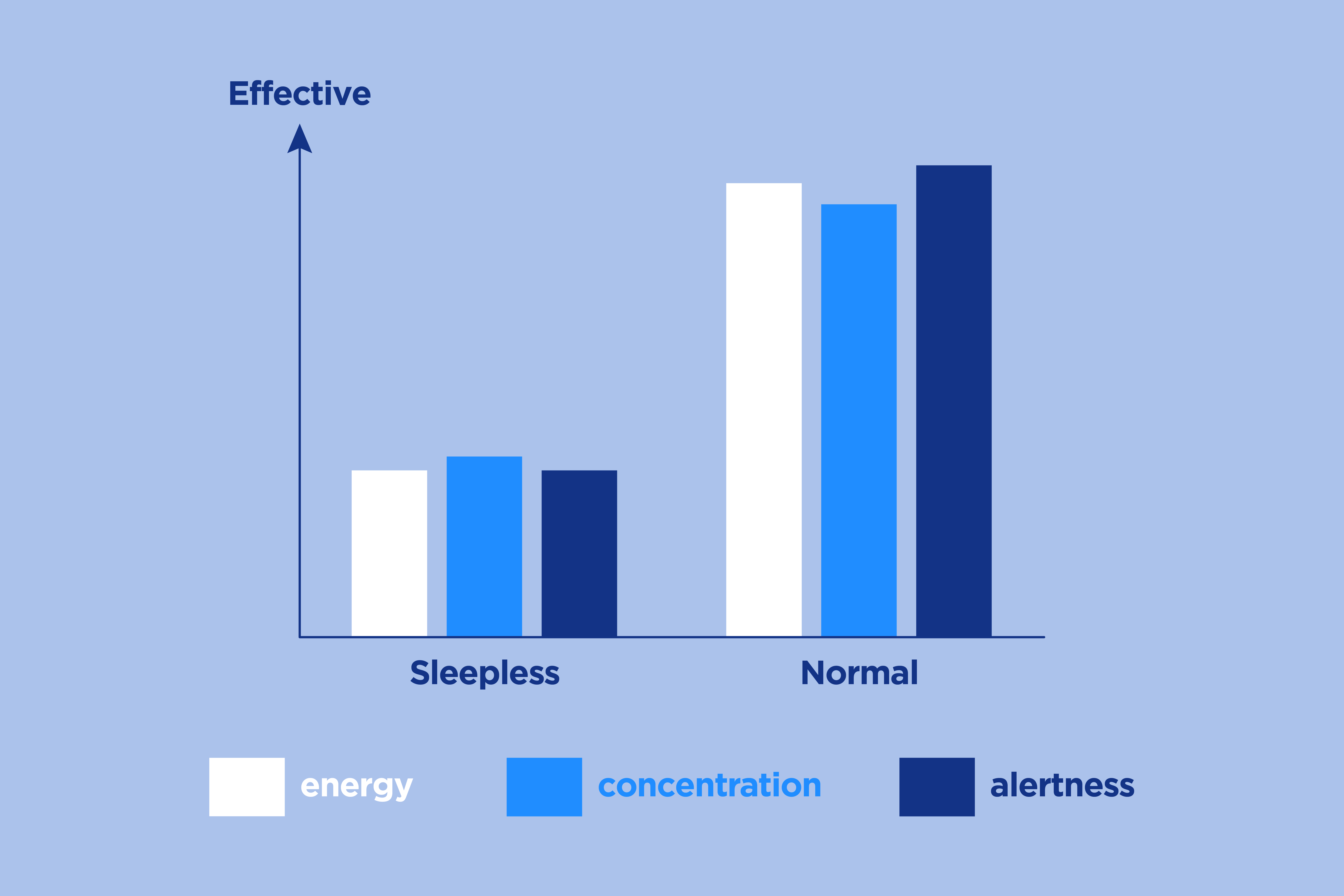
Studies of airline pilots and health professionals Verified Source National Library of Medicine (NIH) World’s largest medical library, making biomedical data and information more accessible. View source have also shown reduced drowsiness and better job performance with naps.
Overall, naps produce more consistent and longer-lasting effects on alertness and performance than caffeine.
Boost Memory and Learning
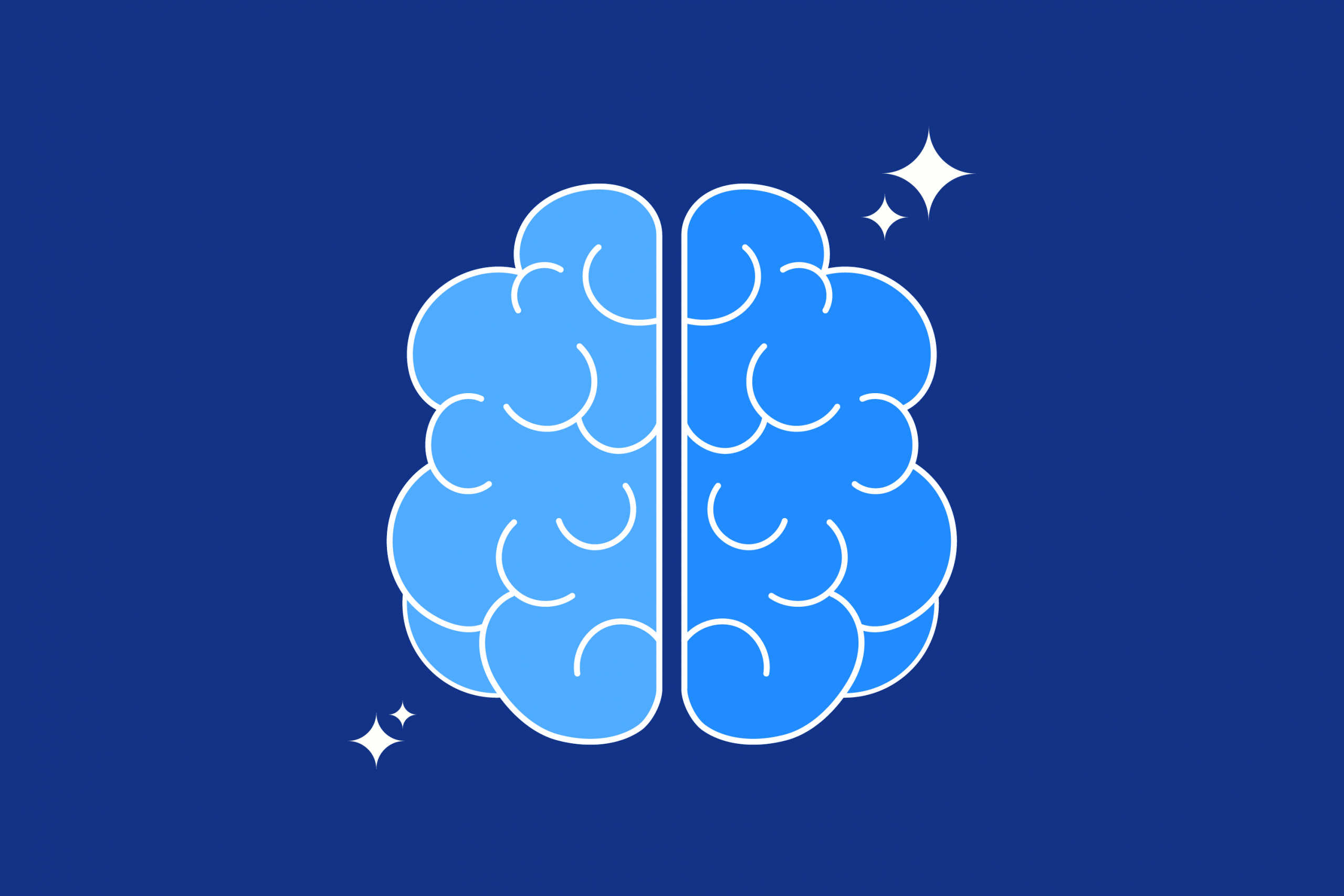
It is believed that the brain consolidates and processes some memory and learning tasks while sleeping, so getting a short nap can help you process things you’ve learned in the morning and make you more receptive to new information in the afternoon. More study is needed, but research suggests napping can speed up motor adaptation. Verified Source National Library of Medicine (NIH) World’s largest medical library, making biomedical data and information more accessible. View source
What if you’re working on something tough and getting flustered? When exposed to difficult tasks in one ScienceDirect study, Verified Source ScienceDirect One of the largest hubs for research studies and has published over 12 million different trusted resources. View source people who napped were less prone to frustration and impulsivity and stuck with the tasks for longer than non-nappers.
Get More Overall Sleep
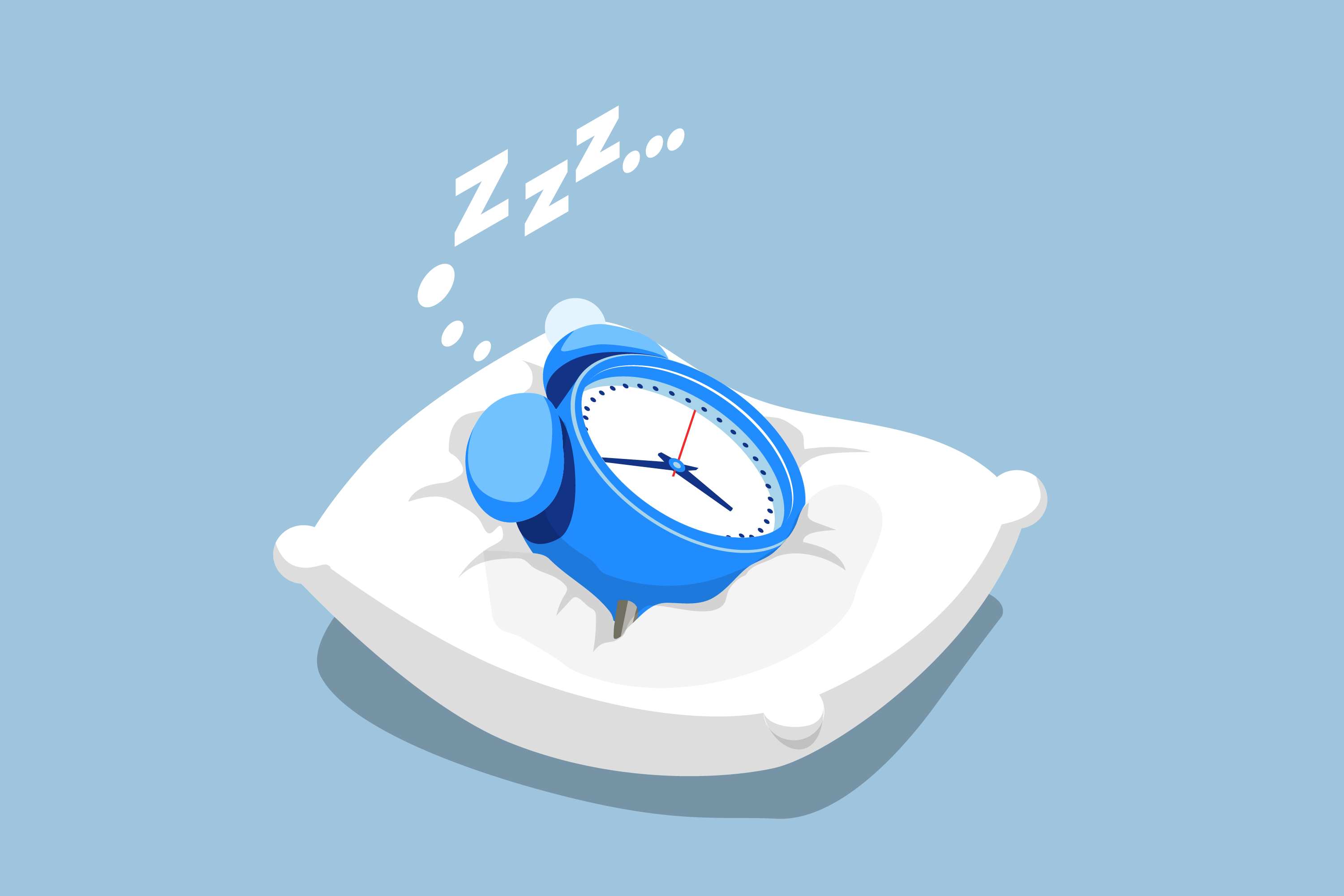
If you don’t always get a full 7 to 8 hours in at night, a midday nap can help you catch up a little and prevent fatigue and sleepiness. However, if you are regularly enough sleep it’s important to work with your doctor to investigate potential causes and devise a treatment plan.
A large survey of Americans’ sleeping habits Verified Source National Sleep Foundation Nonprofit focused on educating about sleep health. View source found that the average person had a sleep debt of about 26 minutes during work days. One short nap takes care of a significant portion (or all) of that, and could make a big overall difference.
Also, a French study found that a 30-minute nap was able to reverse the hormonal effects of a poor night’s sleep in a small sample of men. If you stayed up late, making time for a nap may be a good way to avoid accumulating sleep debt and its cumulative side effects.
Difference Between Napping for Children and Adults
Napping is an important part of a healthy sleep routine for both children and adults. However, there are some key differences between naps for children and adults. Understanding this helps healthy adults avoid the pitfalls of taking cues from a toddler’s naps, and instead focus on getting the most out of their nap for their sleep schedule.
For children, naps are a crucial part of their overall sleep routine. Young children need more sleep than adults, and naps help to ensure that they get the amount of sleep they need to support their physical and cognitive development.
Naps for children typically last anywhere from 30 minutes to 2 hours, depending on the child’s age and sleep needs. Some savvy parents use their kids’ naps to better overcome parental sleep deprivation, or use the time to catch up on chores and make it easier to make it an early night for themselves after putting their kid to bed.
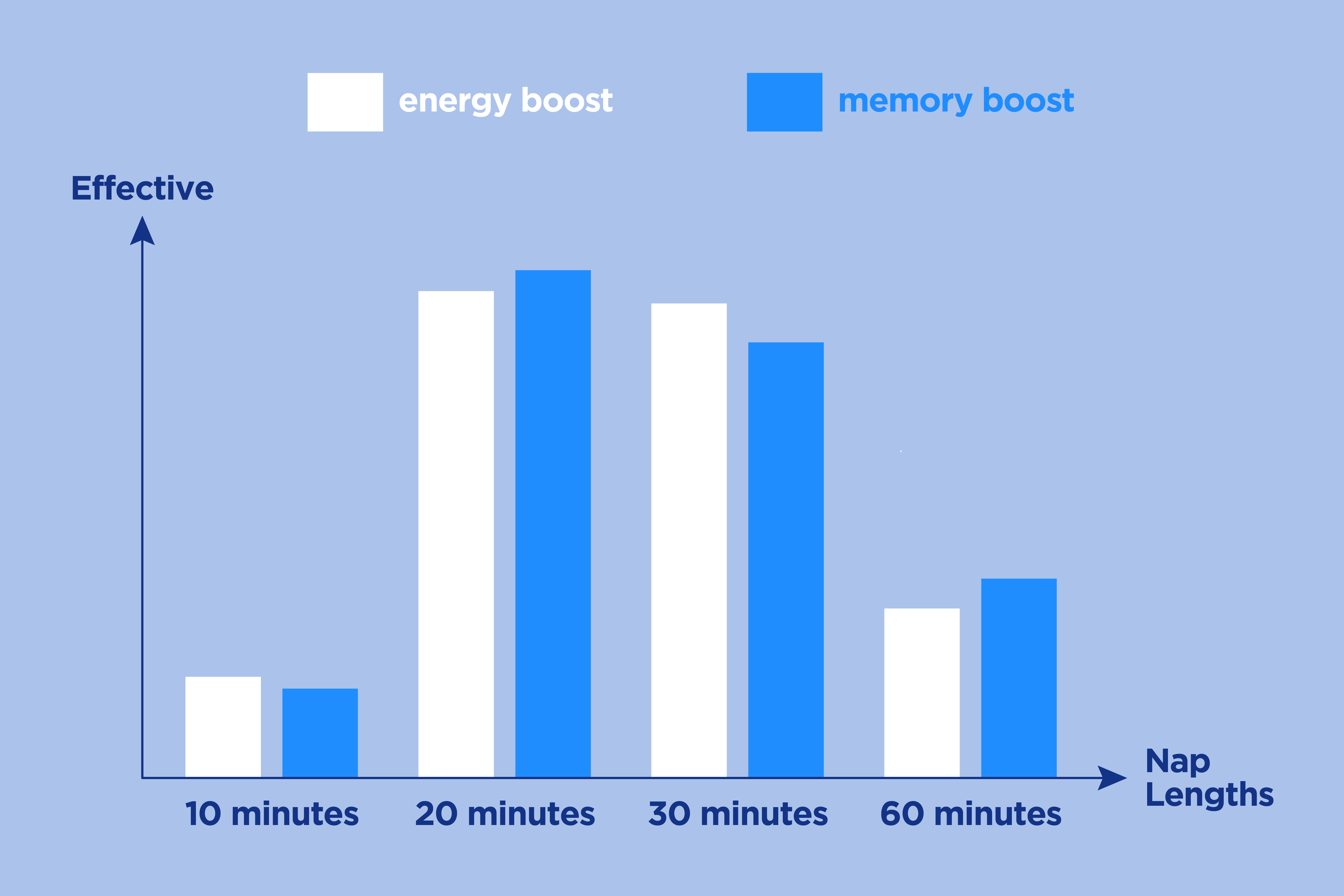
For adults, naps are typically shorter and less frequent than naps for children. While some adults may benefit from longer naps and more deep sleep, such as those with abnormal hours from shift work, most adults find that a short nap of 20 to 30 minutes is enough to help them feel refreshed and alert.
While it can have many benefits, napping for too long can actually leave adults feeling groggy and disoriented, an effect called sleep inertia. Not only can this grogginess take a while to shake off, but oversleeping when napping can make it harder to establish a quality nighttime sleep routine.
Napping 101 for Adults
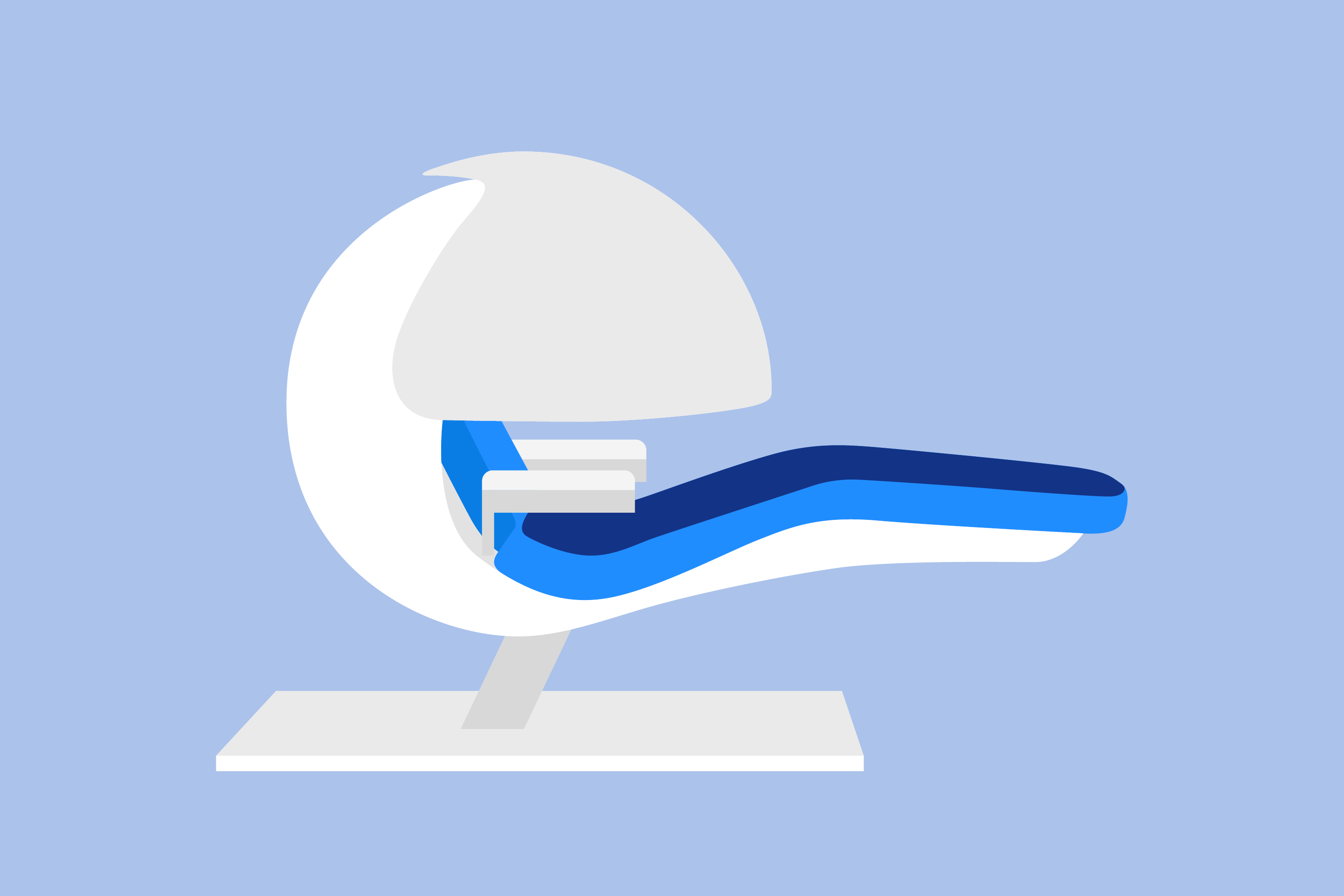
When done right, napping offers many benefits, but there is a science to getting a good nap, from time of day, to length, and other factors.
We’ve put together the latest expert tips to help you optimize napping benefits and avoid drawbacks like sleep inertia or missing sleep later in the night. Sleep inertia can usually disappear after 15 to 30 minutes, so it’s not the worse side effect but can still be annoying to deal with.
Note that for those who have insomnia, daytime naps are usually not recommended until sleep patterns normalize. Otherwise, you might have trouble falling asleep quickly at night.
Keep Naps Short
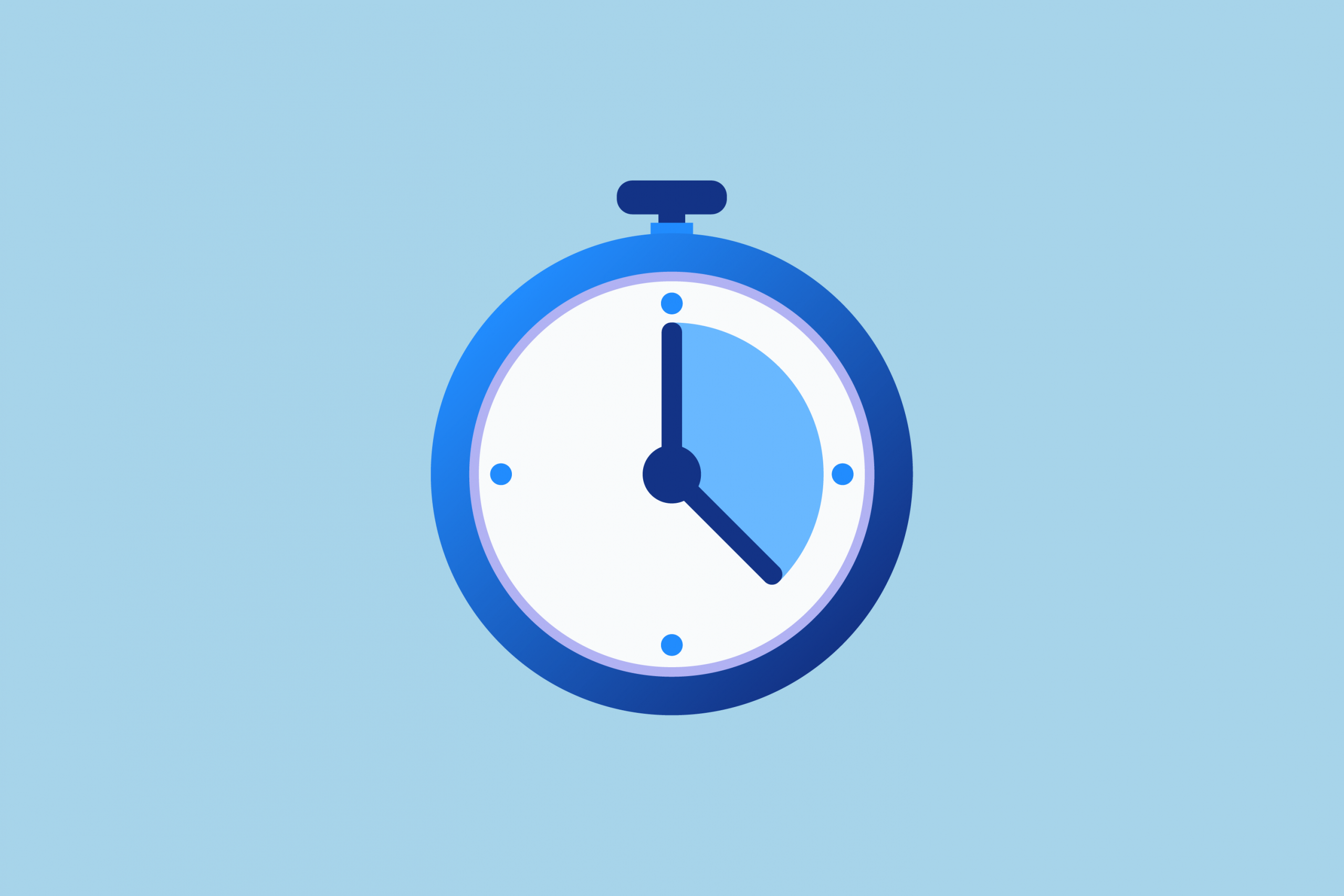 Most experts suggest daytime naps between 10 and 30 minutes. Any longer than 30 minutes, and you risk being groggy as your body will have entered deeper sleep cycles.
Most experts suggest daytime naps between 10 and 30 minutes. Any longer than 30 minutes, and you risk being groggy as your body will have entered deeper sleep cycles.
Naps of 60 to 90 minutes can be good occasionally if you are overtired and need to catch up on missed sleep or if you have something important to cram for or an overnight shift to prepare for. But for daily routines, keeping power naps shorter is better. Some studies have also linked longer naps with health issues and worse cognitive function. Verified Source National Library of Medicine (NIH) World’s largest medical library, making biomedical data and information more accessible. View source However, it’s not entirely known if long naps are to blame, or if those with health issues were simply more likely to take long naps.
If you don’t feel any benefit from a short nap, extend it 5-10 minutes at a time until you find what works for you. Conversely, if you’re feeling too groggy after your daytime nap or too wired at night, make your naps shorter.
Follow Your Natural Sleep Clock
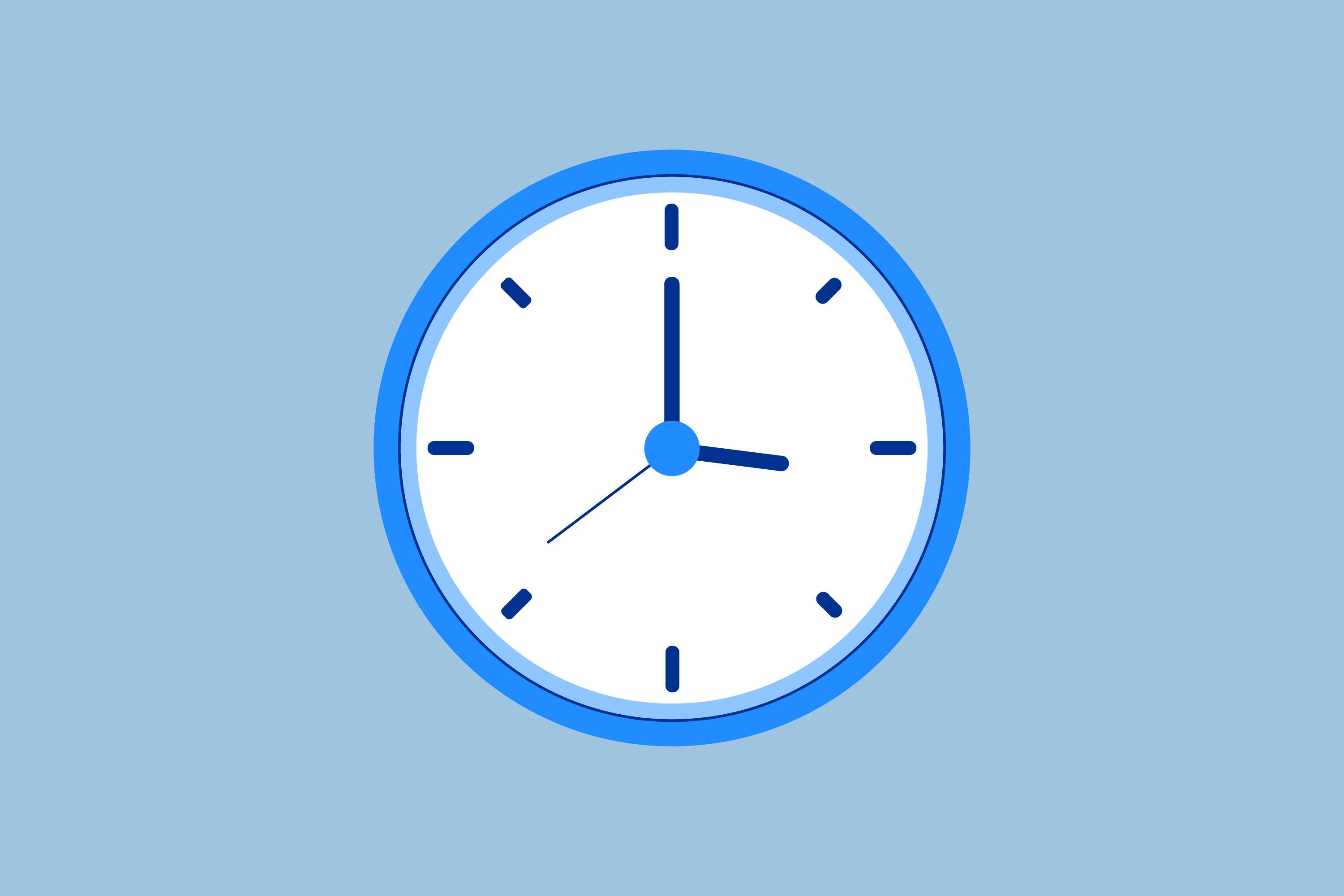 Alertness naturally dips in the afternoon, and many people know the feeling of the post-lunch lag. For most of us, this happens around 2 PM (give or take an hour).
Alertness naturally dips in the afternoon, and many people know the feeling of the post-lunch lag. For most of us, this happens around 2 PM (give or take an hour).
Try to pay attention to when your body naturally feels drowsy in the afternoon, and plan your nap shortly before that time if possible. Timing should be at least 8 hours before your regular bedtime.
This helpful “Nap Wheel” from Dr. Sara Mednick can also help you determine your ideal siesta time during early afternoon. According to her metrics, someone who wakes at 7 AM should nap around 2 PM, while someone who wakes around 10 AM should nap around 3:30 PM to get the greatest benefit.
Find a Comfortable Place
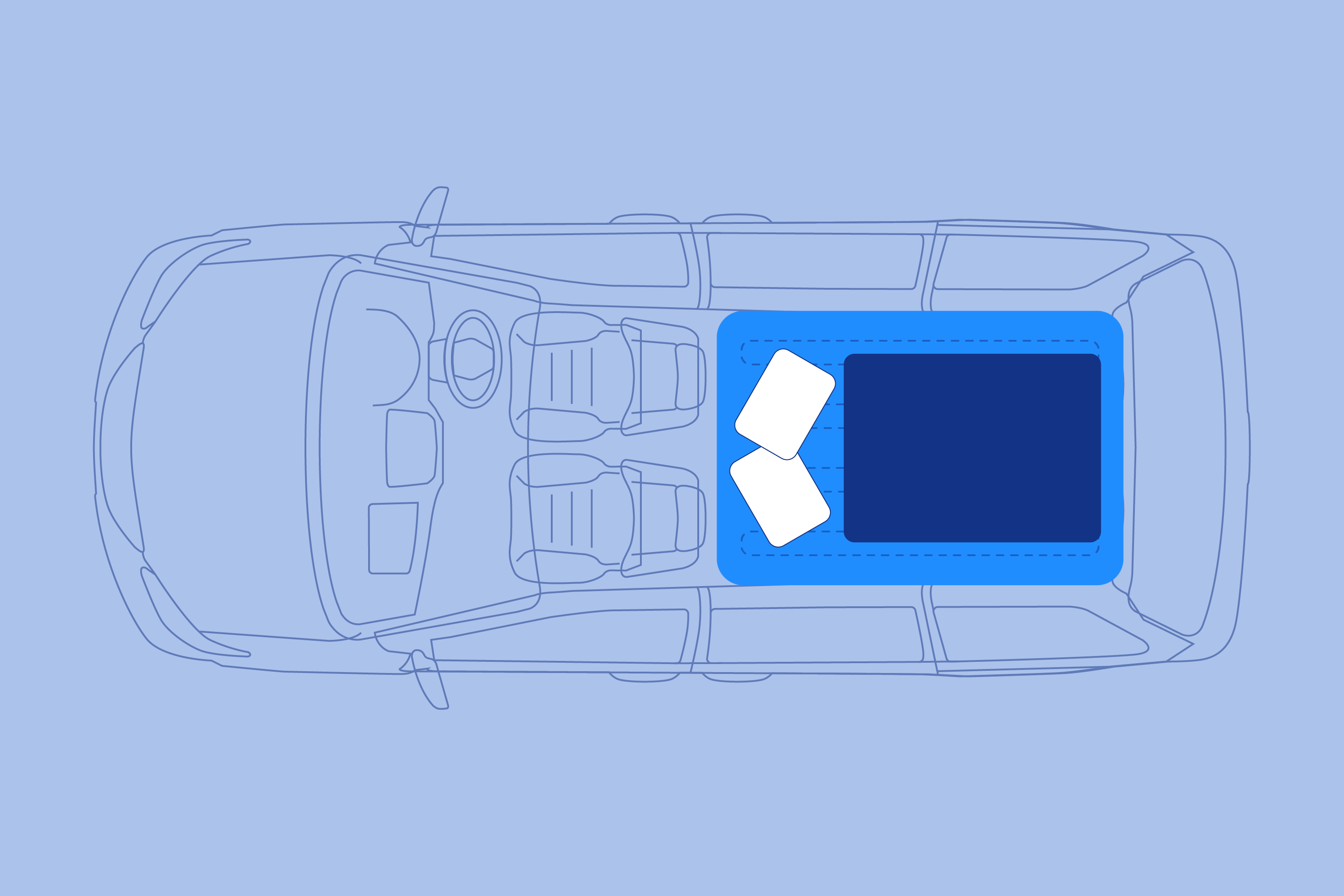
Choose a nap spot where you can relax undisturbed and feel comfortable. While not all offices have the perks of a nap room like Amerisleep, you can retreat to your car, take a break in your cubicle or find another sleep spot that’s ideally cool, quiet, and dark.
Several big companies even have private “nap pods” and a few major metros also have trendy “nap centers” like New York City’s MetroNaps and YeloSpa that you can retreat to for a midday snooze.
Keep sleep-friendly accessories in your bag or at your desk: Sunglasses or an eye mask can help keep the light out, while earplugs or headphones can help dim noise and a loose sweater can help you feel comfortable. Have a contact case so you can avoid sleeping with your contacts in.
Create a Consistent Nap Routine
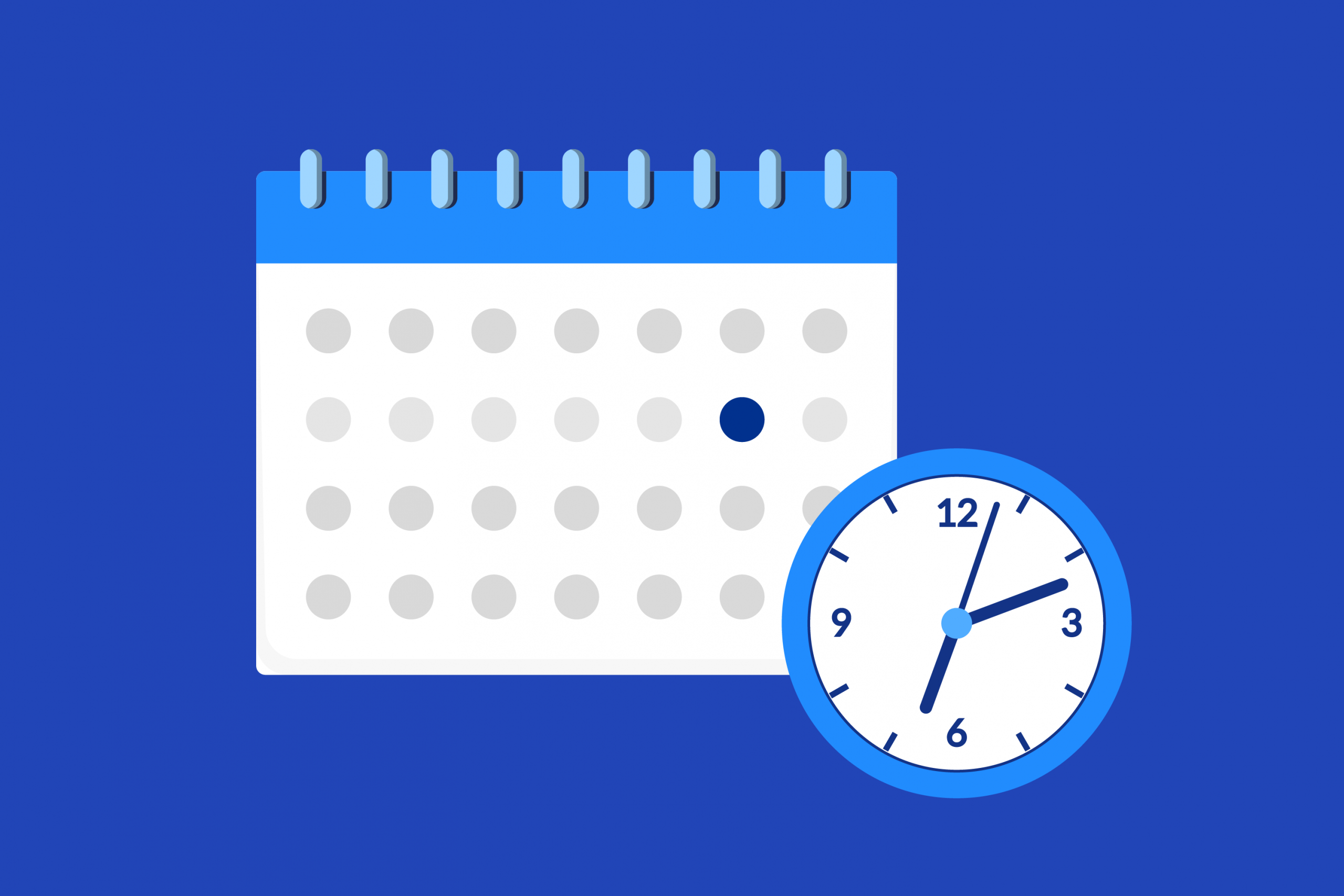
Your internal sleep clock functions best when it has a consistent and predictable program to follow. We know that keeping a consistent sleep and wake schedule is associated with less sleep problems and healthier body weight.
Try to nap around the same time every day, and for about the same length. Keep up the same sleep schedule on the weekend as well when possible.
Frequently Asked Questions
When is the best time for an adult to nap?
For adults, it’s best to avoid taking naps late in the afternoon or in the evening. If you have the typical schedule of a 9-to-5 worker, we recommend you don’t take any naps after 3 p.m. Taking a nap too late in the day can affect how fast you fall asleep at night, particularly if you take a nap longer than 20 minutes.
Naturally, this is different if you’re a worker trying to manage shift work sleep disorder, as you will be up at odd hours and likely taking naps at odd hours, too. However, it’s still important to avoid taking naps within a few hours of your bedtime. Ideally, you want to leave the last 8 hours before bed free of napping.
Is it good to take a nap every day?
It depends, as some sleepers find that a short power nap around mid-day helps them be more productive and enjoy an improved mood in the latter half of the day. However, others may find that a daily nap throws off their sleep schedule too much. If you’re interested in a daily nap, you may want to use an alarm clock that helps you keep it around 20 minutes.
Do I need naps as I get older?
Adults’ sleep patterns and circadian rhythms can shift as they get older, so you might find yourself more tempted to nap as you age. For some elderly adults, napping is also a way to combat daytime drowsiness and fatigue from a chronic condition or medication.
Though more study is needed to understand the potential benefits of napping for older individuals, research so far suggests it can impact their cognitive performance and health for the better.
Why do I want to nap all the time?
Extreme fatigue and excessive daytime sleepiness are often rooted in poor sleep quality. If you are clocking what should be a restful 7 to 8 hours of sleep but still feel the need to nap frequently and for extended intervals, you should speak with your doctor about a potential sleep disorder.
For example, having sleep apnea can cause daytime sleepiness. This is because individuals with the condition wake up multiple times a night without realizing it, impacting how restful their sleep actually is. A home sleep study or one in a laboratory may be necessary to diagnose what the underlying issue is.
How many minutes of napping is healthy?
Naps can be anywhere between 10 to 20 minutes long to over an hour, and each potential nap length can serve a purpose. Overall, though, it’s best for healthy adults to keep naps short to minimize sleep inertia and potential negative effects on nighttime sleep.
Longer naps are typically best saved as the occasional remedy for one night of not getting sleep. One exception, though, are shift workers who work back-to-back shifts and may need to supplement their sleep schedule more frequently with long naps.
If you’re regularly napping to combat the effects of sleep deprivation, though, it’s best to speak to your doctor. They can work with you to figure out potential reasons you’re having trouble sleeping, with a sleep study if needed. Once the cause is diagnosed, your doctor can suggest ways to manage symptoms and seek treatment.
Take the Nap Challenge
The benefits of rest and short naps are becoming clearer all the time, from helping one deal with the occasional night of insufficient sleep to giving sleepers a mental boost in the latter part of the day. Many top companies like have even begun incorporating nap rooms or encouraging rest in order to boost employee performance and health.
Try setting aside 10 to 15 minutes in your day for at least two weeks and see what power napping can do for you! It might take a little while to get into the routine and to get used to napping if it’s been a while, you may find yourself tired and unable to nap, so don’t get frustrated if you’re not dozing off right away.
Keeping a sleep journal is also a good idea. Jot down when you nap, where, for how long, and how you feel after. After a couple of weeks, you should have a little insight into where, when and how long your ideal nap should be.
There are few other activities you can fit into 10 minutes proven to offer an effective and healthy way to improve your mental performance, reduce stress, and feel more alert.
Do you have any secrets for napping better? How do naps tend to affect you, or what is the biggest benefit you see?
About the author
Rosie Osmun, a Certified Sleep Science Coach, brings a wealth of knowledge and expertise to the health and wellness industry. With a degree in Political Science and Government from Arizona State University College of Liberal Arts and Sciences, Rosie's academic achievements provide a solid foundation for her work in sleep and wellness. With over 13 years of experience in the beauty, health, sleep, and wellness industries, Rosie has developed a comprehensive understanding of the science of sleep and its influence on overall health and wellbeing. Her commitment to enhancing sleep quality is reflected in her practical, evidence-based advice and tips. As a regular contributor to the Amerisleep blog, Rosie specializes in reducing back pain while sleeping, optimizing dinners for better sleep, and improving productivity in the mornings. Her articles showcase her fascination with the science of sleep and her dedication to researching and writing about beds. Rosie's contributions to a variety of publications, including Forbes, Bustle, and Healthline, as well as her regular contributions to the Amerisleep blog, underscore her authority in her field. These platforms, recognizing her expertise, rely on her to provide accurate and pertinent information to their readers. Additionally, Rosie's work has been featured in reputable publications like Byrdie, Lifehacker, Men's Journal, EatingWell, and Medical Daily, further solidifying her expertise in the field.
View all postsComments (3)
Comments are closed.
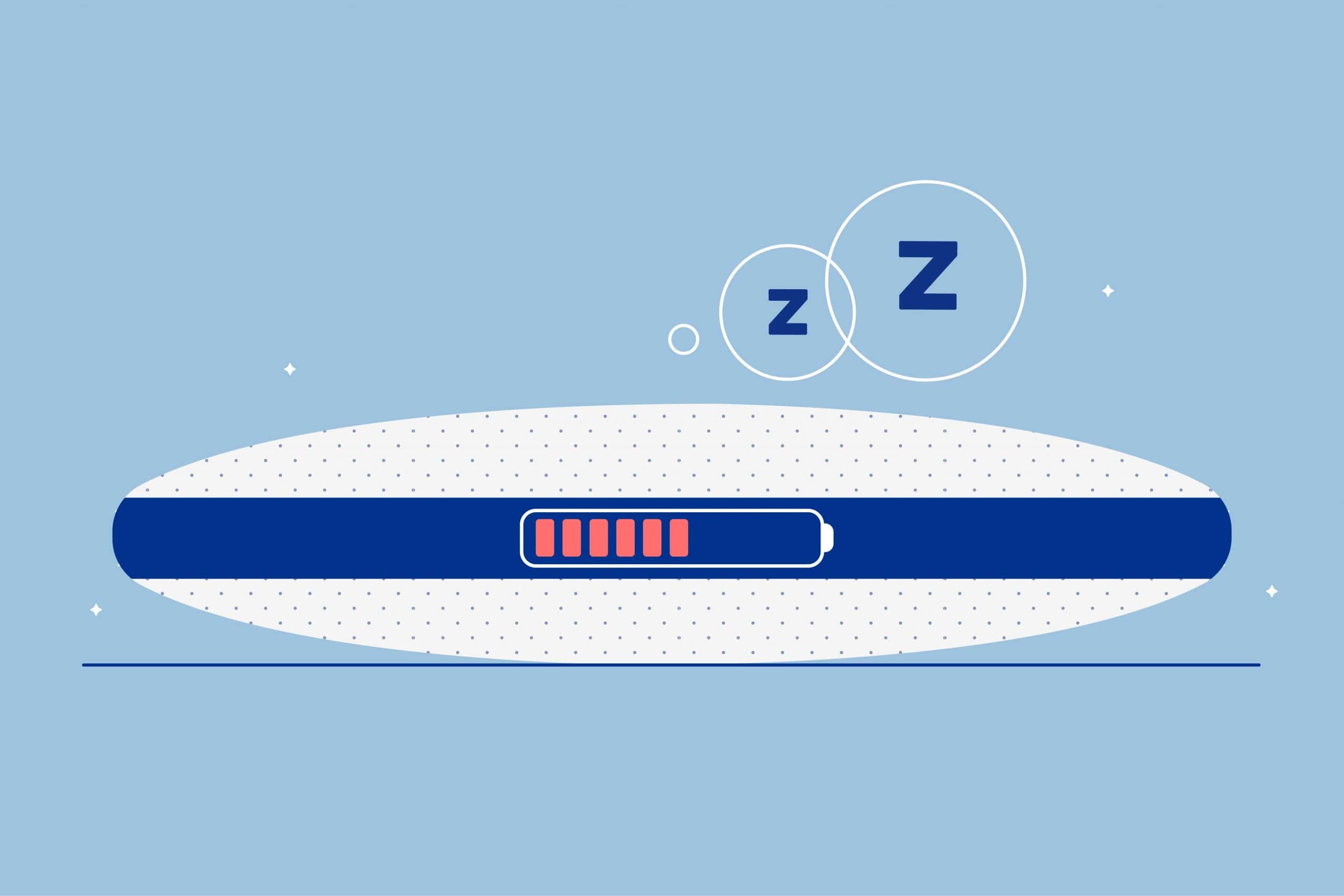


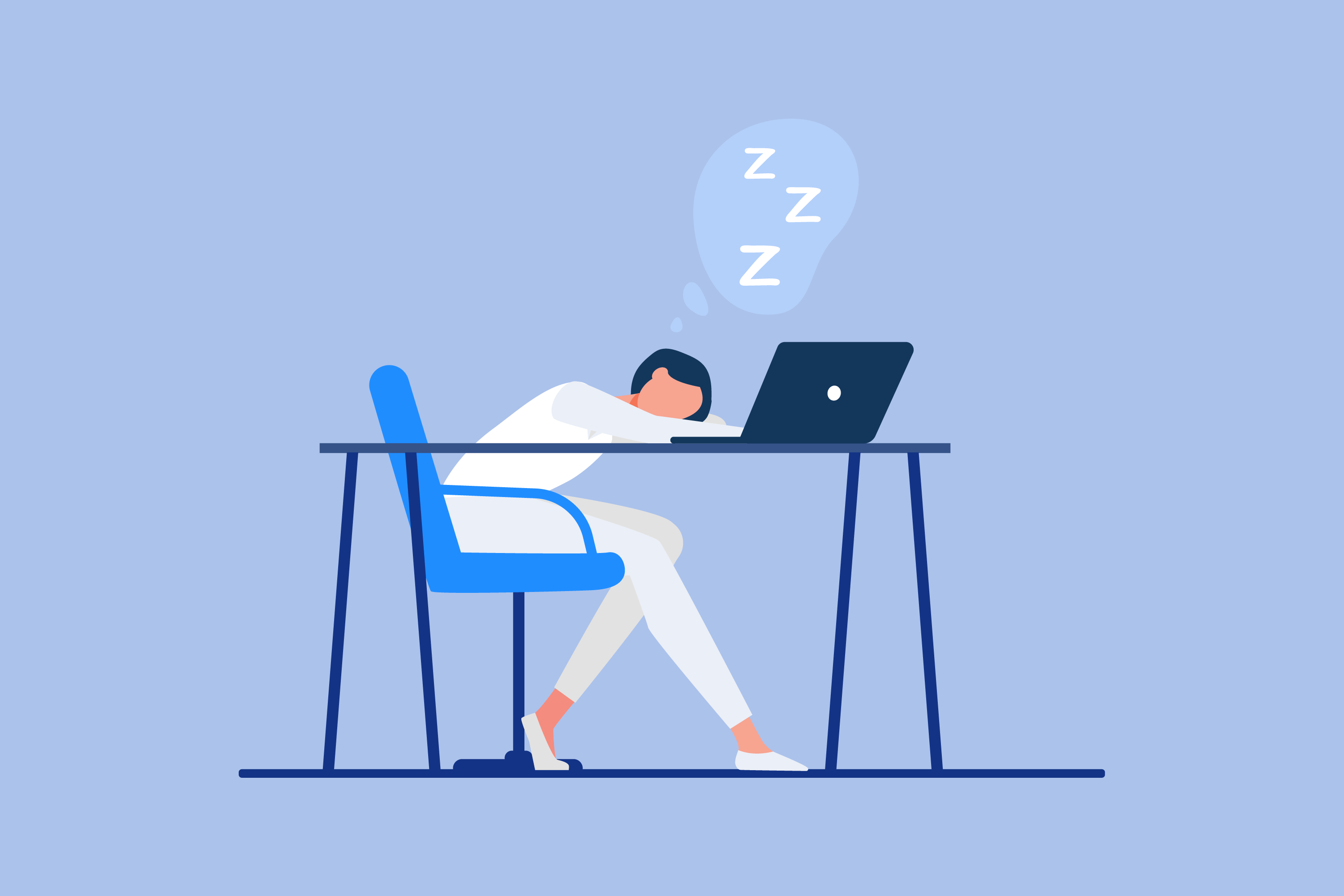



I take a daily nap when my 16-month-old daughter takes a nap. This nap varies from an hour to almost 2 hours depending on how tired I am or when she wakes up. Above, it recommends only 30 minutes. I’ve never really found any good advice specifically for post-partum moms dealing with months (or even years) of disrupted sleep due to babies. Is okay for me to sleep longer because I’ve missed a lot of sleep over the last year? Or should I start setting an alarm?
I didn’t sleep through the night for at least 9 months and not consistently through the night for at least 12 months. Often times, after she would wake and I’d go into to feed her, I couldn’t get back to sleep. I also had a lot of trouble falling asleep, and still do. I think it’s because I think too much when I’m in bed because I’m so busy during the waking hours. I enjoy having a moment to think that turns into an 1 or 2. Even after our daughter was consistently sleeping through the night, I found that all kinds of noises would wake me and I’d have trouble getting back to sleep: from phantom cries, to my husband, or noises outside (weather, emergency vehicles, car doors slamming) or people slamming our front door–since I try to be in bed by 9 p.m.
Because I’ve been having such a hard time following asleep, I’ve started trying to wait longer to get in bed so I’m very tired. But even when I’m yawning tired, I can still find it difficult to get to sleep or stay asleep. Could my long nap be interfering? I tend to fall asleep very easily during the day and feel like I can’t keep my eyes open most days until my nap.
Any advice or books or blogs that you can give that specifically look at sleep patterns of women post-babies?
Thanks!
Hi Ruth,
The issue of sleep deprived new moms and parents is definitely a real one, and can definitely be a challenge. And being overtired or stressed about sleep can indeed make it harder to sleep, becoming a cycle.
Limiting naps to 30 minutes is recommended as a way to beat the “sleep inertia” that longer naps can cause (deeper sleep can make you feel groggy for awhile).
If you’re sleep deprived at night and the only way to catch up is a midday nap than by all means take the nap. But, do try to make sure it ends at least 8 hours before your ideal bedtime. You could also try a gradually reduction in the length of the midday nap (10 minutes per day perhaps) as you shift more to nighttime.
As far as struggling to fall asleep once in bed, the most widely suggested tips are to create a routine (it helps kids and us adults, too) – could be a cup of herbal tea, warm bath, one book chapter etc – and stick to this pattern every night so your brain associates the routine with bed. Lights should be dimmed and electronics avoided in the hour before you want to sleep also to help support your natural melatonin release.
One study found that visualizing a calming scene helped people fall asleep faster than counting or free thinking, so that’s another thing to consider. As far as noises, a gentle white noise or nature sound machine (or phone app) could prove helpful.
Here’s a couple of resources you also might find helpful:
http://parents.berkeley.edu/advice/sleep/insomnia_postpartum.html
http://www.webmd.com/sleep-disorders/features/reset-sleep-cycle
http://www.parents.com/baby/new-parent/sleep-deprivation/how-to-get-sleep/?page=4
Thanks for reading!
Rosie, thanks for responding! This was very helpful advice and I’ll try to take it. I’ll go put on some hot water for tea right now. Ruth